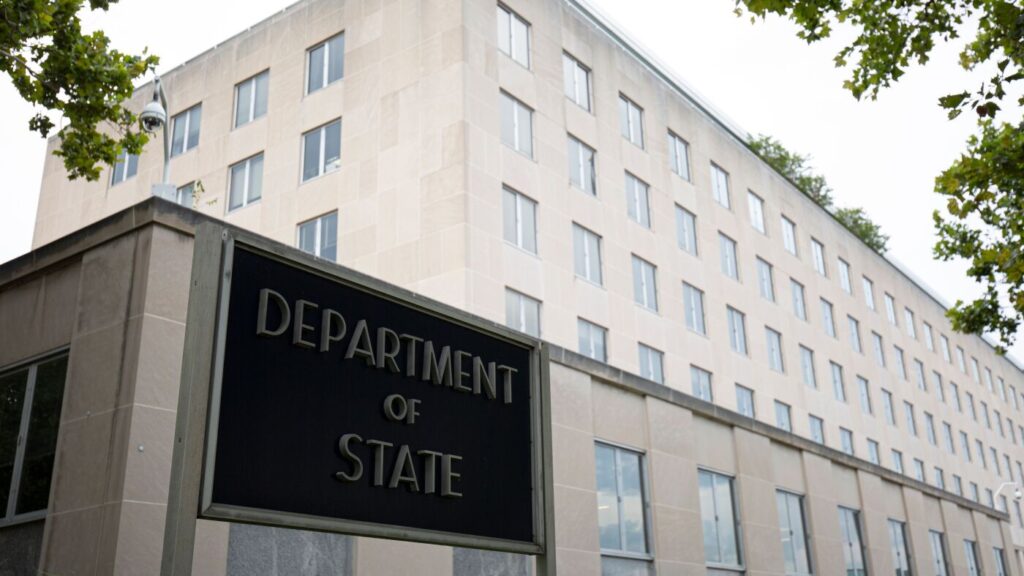The prestigious Fulbright Program, known for its international educational and cultural exchange initiatives, is facing turmoil as all but one member of its 12-person board resigns due to alleged political interference by the Trump administration. Created by Congress through the 1961 Fulbright–Hays Act, the Fulbright Program awards around 8,000 merit-based grants annually, allowing scholars to engage in academic pursuits across 160 countries.
The board, responsible for overseeing the program’s policies and participant selection, accuses the administration of overriding awards and subjecting applicants to unauthorized reviews, injecting political biases into the program. Despite raising legal concerns and objections, the administration has not responded, leading to the board’s collective resignation.
Members defended their decision to resign, citing a commitment to upholding the program’s integrity and mission. The remaining 11 vacant board seats raise questions about the future leadership of the program and potential impacts on Fulbright initiatives. Senator Jeanne Shaheen emphasized the board’s role in preventing political favoritism and expressed concerns about the program’s quality post-resignation.
The resignation signifies a critical moment for the Fulbright Program and its commitment to academic freedom and international collaboration. As applications for future cycles continue, the fallout from this mass resignation underscores the importance of maintaining the program’s non-partisan nature and upholding its legacy of promoting global understanding and cooperation.

